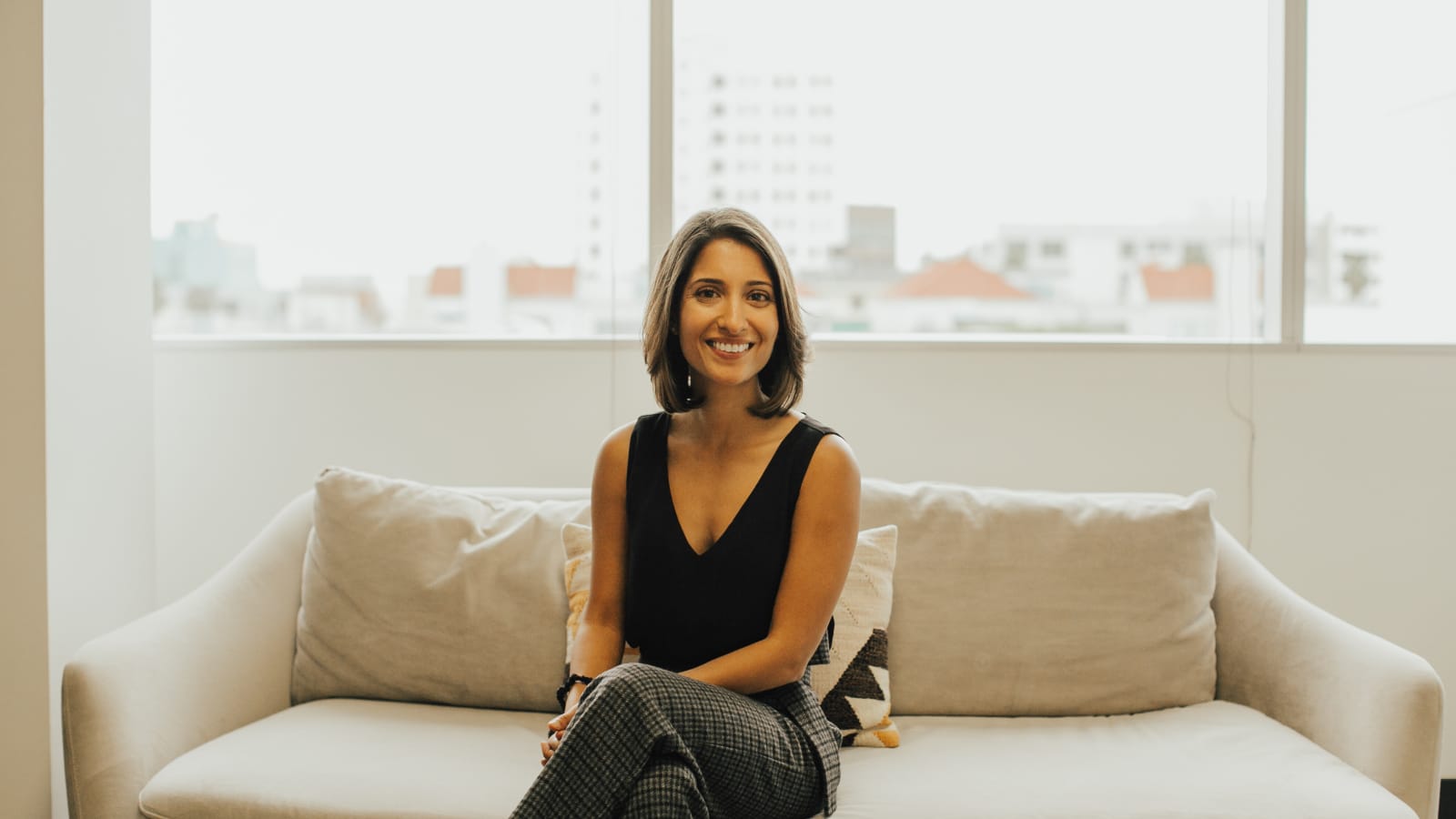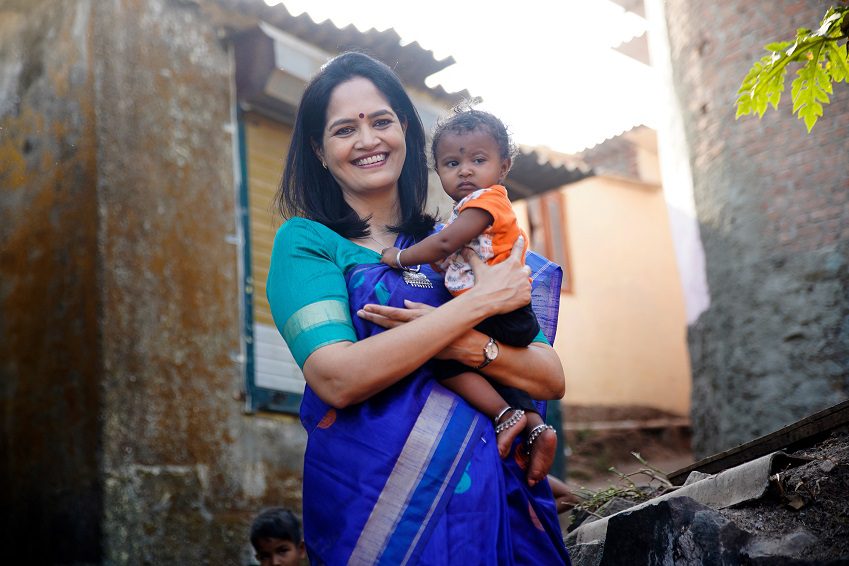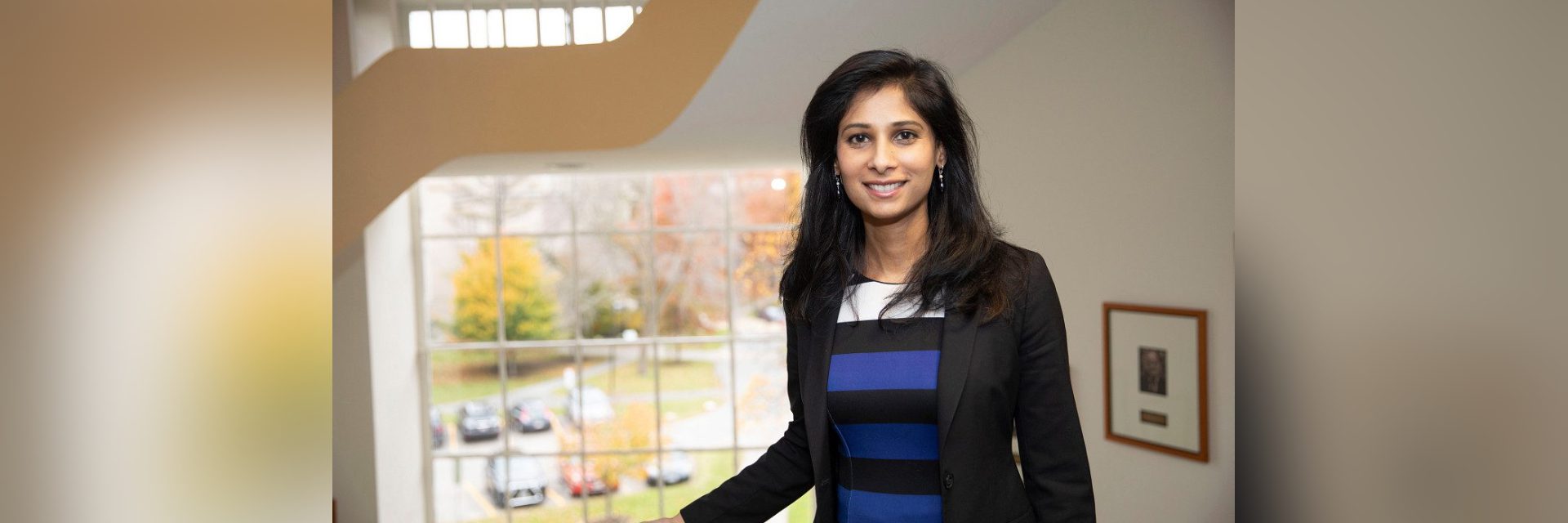(August 25, 2021) Did you know that only 31% of the world’s adult population is covered by a credit bureau and around 3 billion adults are considered financially underserved? Take a look at any of the thousands of small business owners in developing nations and you will realize that most of them lack financial options to improve livelihoods. It is statistics like these that drove Santa Monica-based Shivani Siroya to launch Tala, a fintech company back in 2011 as a way to bridge the financial gap in emerging markets. Today, Tala has raised over $200 million in venture funding from investors like Female Founders Fund, PayPal Ventures and Revolution Growth and has disbursed more than $1 billion in microloans across countries like India, Kenya, Tanzania, and the Philippines.
Let’s not settle for just inclusion and instead focus on rebuilding the system as a whole – enabling true financial agency. https://t.co/x7BLhxyFjc
— Shivani Siroya (@shivsiroya) July 3, 2019
Tala’s customers typically have no formal credit history, a major deterrent for the financially underserved when it comes to applying for and obtaining loans. What the enterprise does instead is, rely on its own data science to assess risk when approving loans. The company’s mobile platform provides loans for as less as $10 to $500 (some times up to $1000 too) and by using technology to provide opportunities to those underserved by the financial system. The mobile lending app featured twice on CNBC’s Disruptor 50 company list and 38-year-old Siroya was also featured in Fortune’s 40 Under 40 list in 2020.
From investment banking to entrepreneurship

Shivani Siroya, founder Tala
Born into a Rajasthani family, Siroya grew up in New York where her mother, a doctor, moved in her 30s to provide her family with better prospects. Siroya went on to do her BA in Government and International Relations from Wesleyan University, Connecticut. Following this she did her MPH in Quantitative and Health Economics from Columbia University before taking up her first job as an equity research analyst with UBS Financial Services. She also worked with PricewaterhouseCoopers as an associate but found these jobs disillusioning according to an article on Medium.
This was when she took her first step toward solving a problem: she quit her investment banking job and joined the United Nations Population Fund where she studied the benefits of microcredit programs. For the next 2.5 years Siroya worked on recording the habits of 3,500 people across Africa and India. She would follow her subjects to work, the market, and home to tally how much they spent on food, education and bills. This firmed up the belief she’d held since childhood – most people could be trusted to make smart financial decisions. However, what troubled her was the fact that her subjects couldn’t get credit to grow their businesses since banks viewed them as high risk. Siroya began loaning some of them her own money and based their credit worthiness on the information she had documented.
Her desire to do something beyond the regular 9-to-5 stemmed from the fact that in her family work was always synonymous with doing something bigger than oneself. In an interview with Career Contessa, this Global Indian said,
“Work has always been about finding something that you truly love and can pour yourself into. Growing up, I loved comics and wanted to be a superhero that could change the world. I saw this in my mother, a doctor, who allowed her patients come to see her on credit because she knew and trusted them—I learned early what credit and trust could mean for a person’s life.”
Siroya who grew up in New York but spent a lot of her childhood in Rajasthan, says that this gave her a global perspective. Her parents taught her to understand how differing access to resources and opportunities can impact one’s ability to be successful and affect the choice and control one has over their destinies.
The genesis of Tala
By 2011, Shivani Siroya launched Tala and developed an Android app that gives instant credit scores to people in emerging markets. The credit score is based on daily-life data from their smartphones and the company also acts as a lender granting microloans to a mobile wallet. Over the years, the company has garnered over 4 million customers and has disbursed loans upwards of $1 billion through its platform.
Tala’s model is built around what Siroya calls “radical trust”. Customers share their cellphone data with Tala and in return the company gives them an unsecured, short-term loan. The loans must be repaid in 21 to 30 days and Tala’s repayment rate is above 90%.
On the global stage
Her work has earned her global recognition: Siroya has been an Ashoka Fellow since 2013 and in 2018 was nominated by Melinda Gates as a Wired Icon. Tala itself has featured twice on CNBC’s Disruptor 50 list and Siroya was named in Fortune’s 40 Under 40 list last year.
Talking about women entrepreneurs, Siroya told Career Contessa, that she needs to trust herself.
“In the journey from idea to the company, I’ve learned the importance of developing expertise and listening for insights.”
She recommends entrepreneurs do their homework, identify their hypothesis and test it and listen to their customers. “Don’t come into the conversation assuming you already have the answers. If what they’re saying about your product or service is something you don’t want to hear, or hard to respond to, it’s in your best interest to listen. Your success depends on it,” she says.



